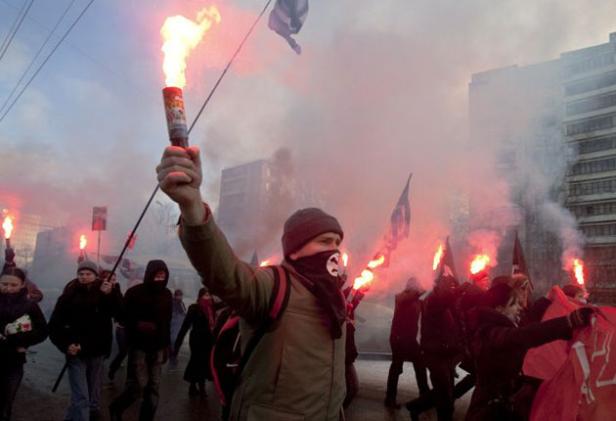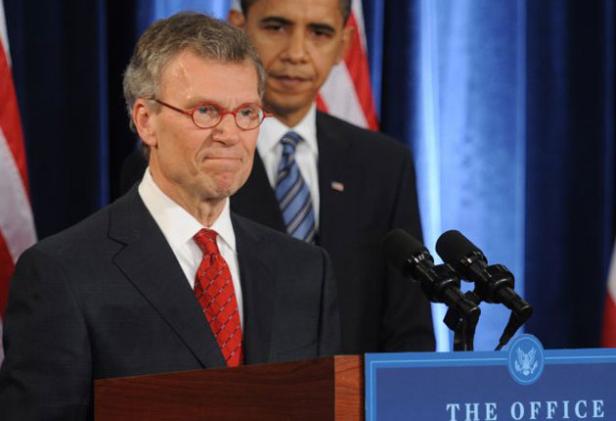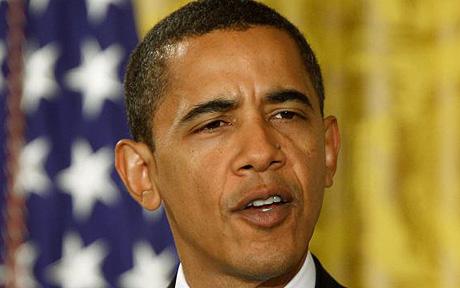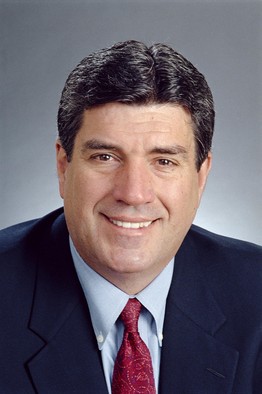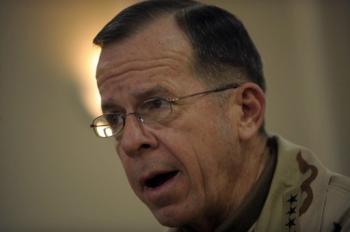David J. Bellamy is a professor at three British universities and an officer in several conservation organizations. Mark Duchamp, a retired businessman, has investigated global- warming theory and written more than 100 articles.
After the wet and cold centuries of the Little Ice Age (around 1550-1850 A.D.), the world’s climate recuperated some warmth, but did not replicate the balmy period known as the Middle Age Warm Period (around 800-1300 A.D.), when the margins of Greenland were green and England had vineyards.
Climate began to cool again after World War II, for about 30 years. This is undisputed. The cooling occurred at a time when emissions of C02 were rising sharply from the reconstruction effort and from unprecedented development. It is important to realize that.
Related article: BBC abandons ‘impartiality’ on warming (Telegraph):
Again and again the BBC has been eager to promote every new scare raised by the advocates of man-made global warming. As late as August 28 this year it was still predicting that Arctic ice might soon disappear, just as this winter’ s refreezing was about to take ice-cover back to a point it was at 30 years ago.
By 1978 it had started to warm again, to everybody’s relief. But two decades later, after the temperature peaked in 1998 under the influence of El Nino, climate stopped warming for eight years; and in 2007 entered a cooling phase marked by lower solar radiation and a reversal of the cycles of warm ocean temperature in the Atlantic and the Pacific. And here again, it is important to note that this new cooling period is occurring concurrently with an acceleration in CO2 emissions, caused by the emergence of two industrial giants: China and India.
To anyone analyzing this data with common sense, it is obvious that factors other than CO2 emissions are ruling the climate. And the same applies to other periods of the planet’s history. Al Gore, in his famous movie “The Inconvenient Truth,” had simply omitted to say that for the past 420,000 years that he cited as an example, rises in CO2 levels in the atmosphere always followed increases in global temperature by at least 800 years. It means that CO2 can’t possibly be the cause of the warming cycles.
So, if it’s not CO2, what is it that makes the world’s temperature periodically rise and fall? The obvious answer is the sun, and sea currents in a subsidiary manner.
Read moreWorld is getting colder: It’s the sun, not CO2, that’s to blame
